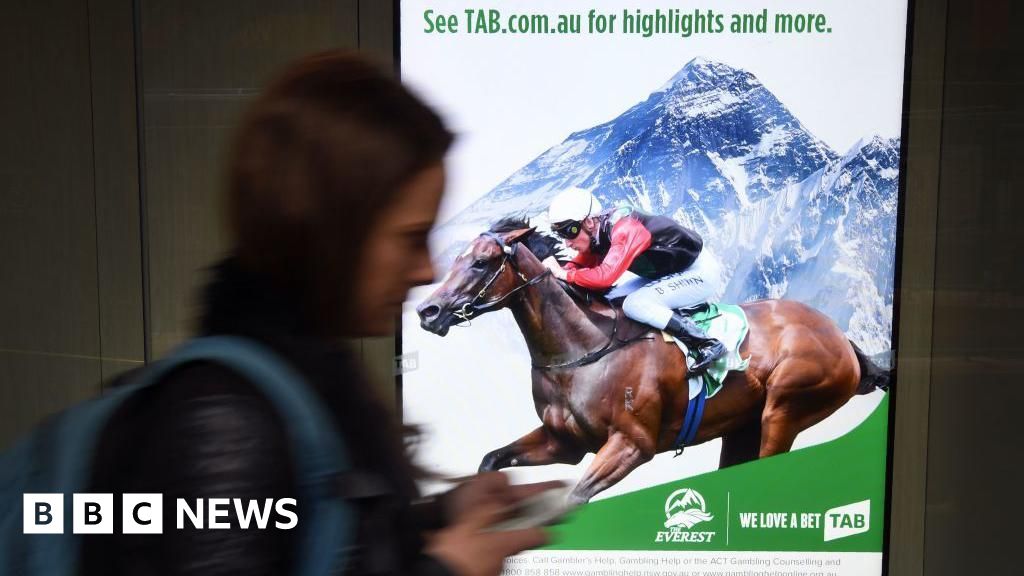Getty ImagesAustralians are now spending about A$25bn ($16.8bn; £12.9bn) annually on legal wagers. Like many in Australia, Sam grew up in a community where gambling was closely tied to sports. His sister Amy, using a pseudonym, recalls how gambling conversations were a normal part of their social interactions. This normalization of gambling is blamed for her brother’s addiction and subsequent suffering before his tragic death.
Amy and many others shared their stories in a parliamentary inquiry into the impacts of gambling in Australia, a country that wagers more per capita than any other. The inquiry recommended 31 reforms to prevent the grooming of a new generation of gamblers, including a phased ban on advertising. Calls for action are growing, with pressure mounting on Prime Minister Anthony Albanese to act, although the government is considering a cap on advertising instead of a complete ban.
The deep-rooted connection between sport, gambling, and entertainment in Australia is under scrutiny, with concerns about the harmful effects of gambling on individuals and society as a whole. The normalization of gambling has made it difficult for people of all ages to escape its grasp, leading to financial hardships, family issues, and mental health struggles.
Advocates argue that gambling should be treated as a public health issue rather than a recreational activity, with a focus on preventing harm and addiction. The debate over advertising restrictions has sparked discussions about the influence of corporate interests on policy decisions and the role of gambling revenue in supporting various industries.
While the government considers its options, individuals like Sean, who has struggled with gambling addiction for years, continue to face challenges in overcoming their habits. The debate over gambling regulation in Australia is ongoing, with calls for stronger measures to protect vulnerable individuals and address the broader societal impacts of excessive gambling.

